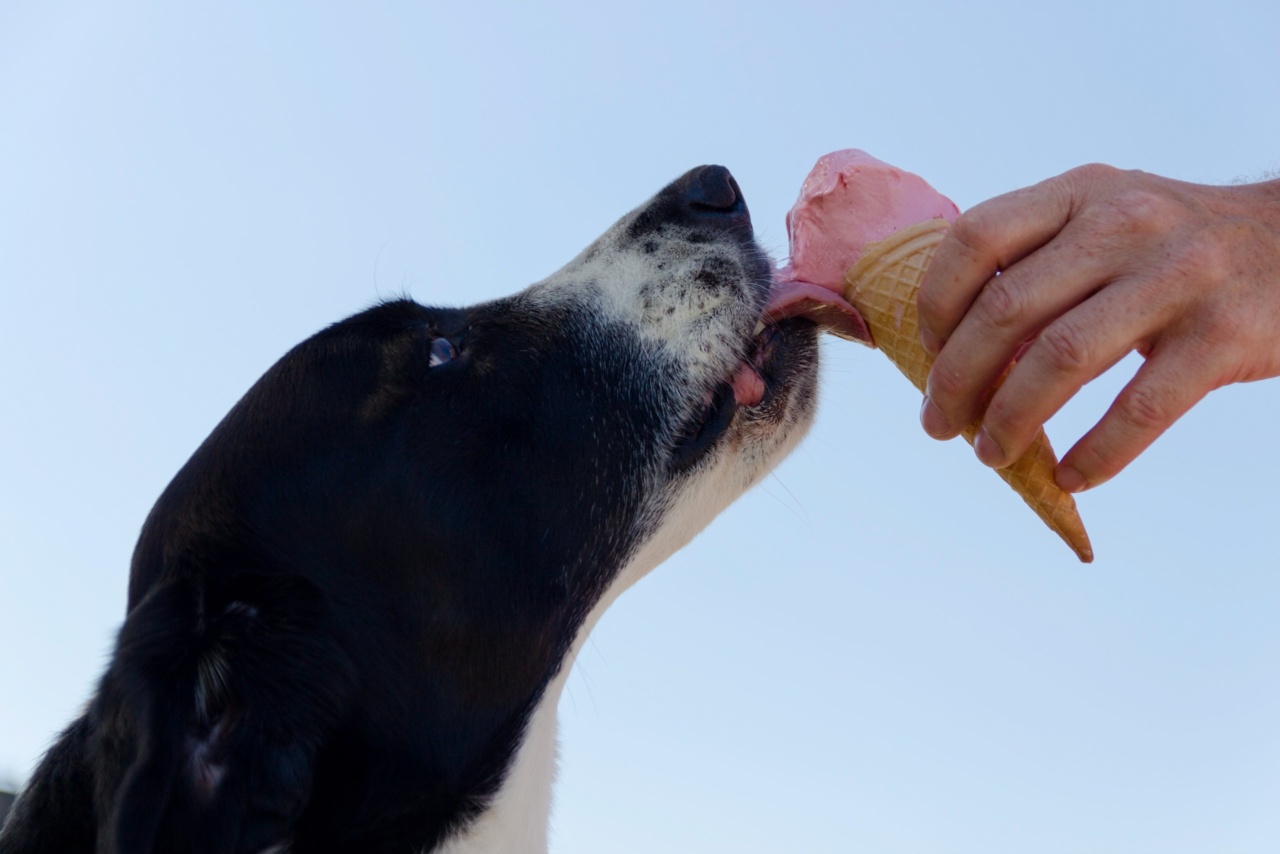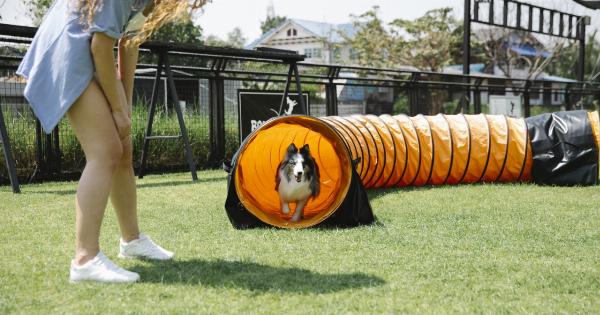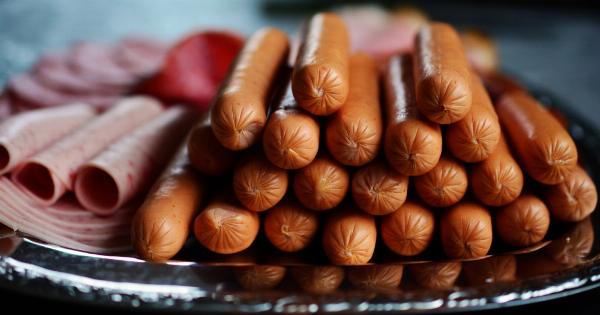Proper nutrition plays a vital role in maintaining the health and overall well-being of our furry friends. Just like humans, dogs need to fuel their bodies before and after physical activity to ensure optimal performance and speedy recovery.
In this article, we will explore the importance of feeding dogs before and after exercise, as well as provide recommendations for the best types of food to offer.
Why is Pre-Exercise Nutrition Important for Dogs?
Feeding your dog before exercise is essential as it provides them with the necessary energy to engage in physical activities. Similar to how we humans eat a balanced meal before hitting the gym, dogs also require proper fuel to perform at their best.
Here are a few reasons why pre-exercise nutrition is crucial for dogs:.
1. Energy Boost
Dogs primarily rely on carbohydrates for instant energy. Before engaging in any strenuous activity, it is important to offer a meal that is rich in easily digestible carbohydrates.
This will provide them with an immediate energy boost, enabling them to perform at their peak.
2. Maintaining Blood Sugar Levels
When dogs exercise vigorously, their blood sugar levels can drop, leading to fatigue and weakness.
A pre-exercise meal helps maintain stable blood sugar levels throughout the workout, allowing your dog to sustain their energy levels and exercise for longer periods without feeling exhausted quickly.
3. Enhancing Performance
Feeding your dog appropriately before exercise can significantly enhance their performance.
Proper nutrition helps optimize muscle function, coordination, and overall endurance, allowing them to engage in physical activities for extended periods without experiencing muscle fatigue or weakness.
What to Feed Your Dog Before Exercise?
When it comes to pre-exercise meals for dogs, it is essential to focus on easily digestible foods that provide a quick energy boost. The key is to strike a balance between carbohydrates, proteins, and fats to ensure optimal performance and digestion.
Here are some ideal options to consider:.
1. High-Quality Commercial Dog Food
High-quality commercial dog food is formulated to provide balanced nutrition and is an excellent option for pre-exercise meals. Look for brands that use real meat as the primary ingredient and contain minimal fillers or additives.
Such foods are designed to provide a steady release of energy, keeping your dog fueled during their workout.
2. Homemade Meals
If you prefer feeding your dog homemade meals, ensure they are well-balanced and meet their nutritional requirements.
A pre-exercise meal can consist of cooked meat (such as chicken or beef), easily digestible carbohydrates (like rice or sweet potatoes), and a small portion of vegetables. Avoid using spices, excessive salt, or unhealthy fats, as these can upset your dog’s stomach.
3. Specialized Sports Diets
For dogs participating in high-intensity activities or sports, specialized sports diets are available. These diets are formulated to provide the ideal combination of nutrients and are tailored for the specific needs of physically active dogs.
They often contain higher levels of protein and additional supplements to support enhanced performance and muscle recovery.
The Importance of Post-Exercise Nutrition for Dogs
Just like humans, dogs also require proper nutrition after exercise to ensure efficient recovery and replenishment.
Post-exercise nutrition plays a crucial role in helping dogs recover from physical exertion, repair damaged tissues, and replenish energy stores.
Below are some key reasons why post-exercise nutrition is essential for dogs:.
1. Muscle Recovery
During exercise, dogs’ muscles experience micro-tears and strain. Proper nutrition after exercise helps initiate the repair process and aids in muscle recovery.
Feeding your dog a suitable post-exercise meal can help reduce muscle soreness and promote faster healing.
2. Rehydration
Physical activity leads to dehydration, as dogs lose water through panting and sweating. Offering your dog fresh water or a rehydration solution after exercise is crucial to replenish lost fluids and maintain their overall hydration levels.
3. Glycogen Replenishment
Glycogen, a form of stored glucose, is the primary fuel source for dogs during exercise. After physical activity, glycogen stores become depleted.
Providing your dog with carbohydrates after exercise helps replenish these glycogen stores, ensuring they have enough energy for future workouts.
What to Feed Your Dog After Exercise?
When it comes to post-exercise nutrition, it is essential to focus on replenishing fluids, electrolytes, and nutrients. Here are some top choices for post-exercise feeding:.
1. Fresh Water
Hydration is key after exercise. Ensure that your dog has access to fresh, clean water to drink. This will help them replace lost fluids and prevent dehydration.
2. Balanced Meals
Feed your dog a well-balanced meal after exercise, consisting of quality proteins, carbohydrates, and healthy fats.
This could be their regular commercial dog food, a homemade meal, or a specialized post-exercise diet formulated to aid recovery and replenishment.
3. Treats and Snacks
You can also offer your dog small, healthy treats or snacks after exercise. Opt for treats that are low in fat and made with natural ingredients. These can serve as rewards while providing additional nutrients.
Conclusion
Proper nutrition before and after exercise plays a significant role in optimizing a dog’s performance and aiding in their recovery. Always ensure that the meals are well-balanced, providing a blend of carbohydrates, proteins, and fats.
Additionally, pay attention to your dog’s individual needs, considering factors such as age, breed, activity level, and any specific dietary restrictions they may have. By nourishing our furry friends appropriately, we can help them lead healthier, more active lives.





























